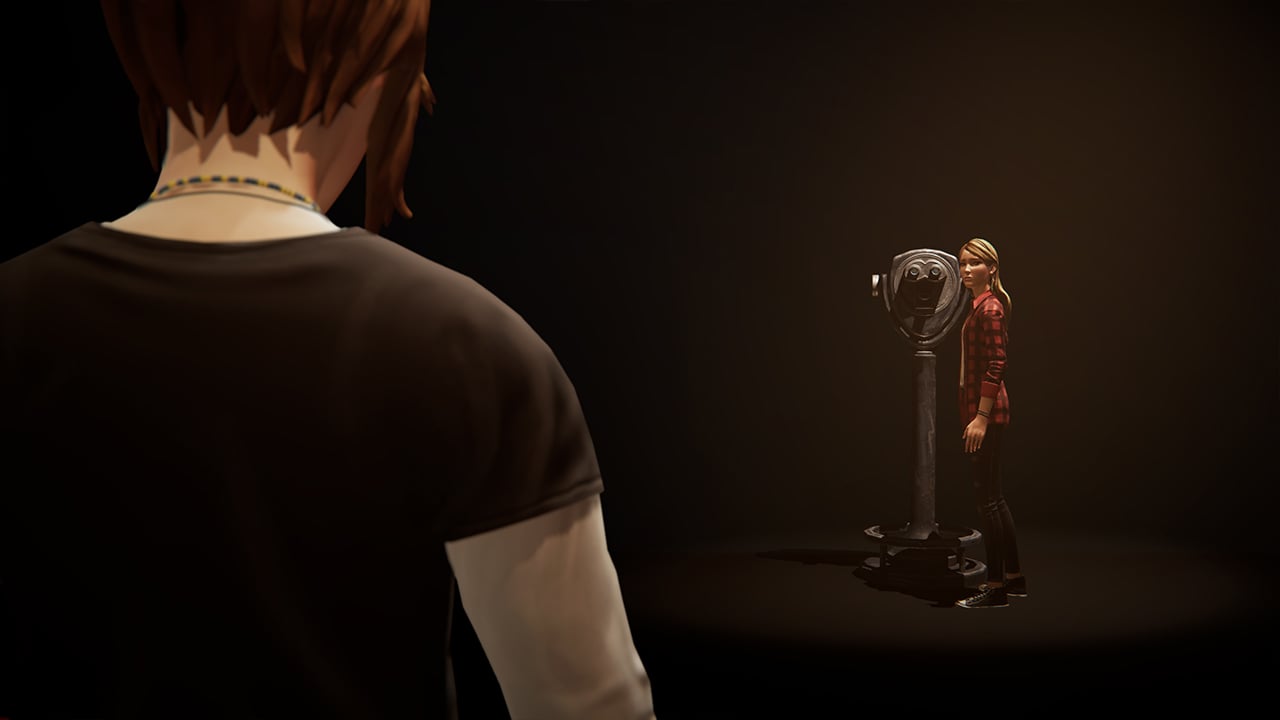

"It's kind of a treasure trove, you know," Lewin said."Whether it's YouTube comments or the chat room, or just listening to streamers kind of express their opinions as they're playing. The developers also spoke to going down the rabbit hole of fan reactions given that Before Your Eyes is so stream-friendly, which I myself know very well, as I've made a months-long habit out of watching streamers play through the final few heart-wrenching moments.

"And some of them are very personal. And so we're grateful for that, as creators, you know, the generosity on behalf of some of our fans telling us why it resonated with them so much." "I never expected that we'd be in a position where like, every day, there'd be emails from people sometimes that are quite lengthy," Lewin told me. With the award show serving as unintentional bookends to the game's evolution, I asked the pair how they think about its success this year after they spent the better part of a decade working on it, especially as Before Your Eyes continues to garner Game of the Year consideration from countless outlets. Poetically, the project that would come to be known as Before Your Eyes once more took home some hardware from IndieCade, the 2021 Jury Prix. Three years later, the game would launch after two name changes - the second name, Coda, was already earning buzz as an unrelated indie film, causing the game devs to ditch the name. After receiving financial investment in 2018, presumably from eventual publisher Skybound Games, the team was able to hire people on a full-time basis and commit wholeheartedly to the already four-year-old project. "The plan was to kind of complete it on nights and weekends and kind of, you know, do the real indie bootstrap thing with it," he added. The 2016 Kickstarter looked like a success - it finished about $10,000 over its base goal of $25,000 in pledges - but Parkes said the team bit off much more than it could chew, "like a lot of Kickstarter projects." "Off of those two awards, we said, 'We don't want to stop working on this thing.'" But its small beginnings meant people had to move on to some extent, find other work. "We wanted to keep it alive. "It's not like we were seven years full-time working on this," Parkes told me. The early successes helped keep the game afloat, at least as an idea.

Like, I remember seeing Austin Wintory walking around, like, 'Oh, cool. Together, the group felt like they had their "entry into the scene," Lewin said, and the fact that they found themselves "brushing shoulders with a lot of people that we looked up to was very inspiring. First, a Developer's Choice Award at IndieCade 2014, then Best Student Game at Independent Games Festival the following year. Then a funny thing happened: The game, back then titled Close Your, started to win awards. Parkes and Lewin joined Hellwarth to mold the concept into something playable. Hellwarth plotted the initial concept of telling a story where time advances when the player blinks in an introduction to game dev class. The project, Parkes told me, was born out of a senior capstone at USC by Goodbyeworld Games founder, Will Hellwarth.
#Before your eyes ps4 Pc#
*Note: There are spoilers ahead! If you haven't played Before Your Eyes, do that first, then come back.*īefore Your Eyes is just a 90-minute game, and yet it took seven years between concept and launch on PC and Mac earlier this year. During our hour-long talk, we touched on the seven-year journey of Before Your Eyes, whether its intended emotional turmoil is ever numbed by working so closely on it, and more. Recently, I was able to chat with two of the game's developers, Lead Writer and Creative Director, Graham Parkes, as well as Game Director and Composer, Oliver Lewin. That's owed to its novel gameplay concept of webcam-enabled blinking to advance time, as well as its gut-punch of a story that seems to devastate anyone who finds it. Today, Before Your Eyes is widely considered a surprise Game of the Year candidate among those who have played it. As it turns out, that word-of-mouth would continue to spread like wildfire following its release in April.


 0 kommentar(er)
0 kommentar(er)
